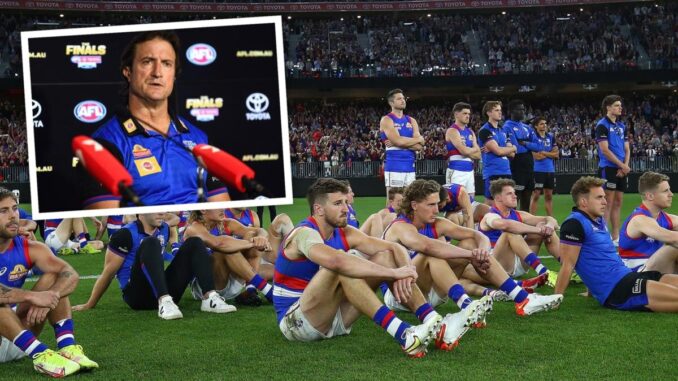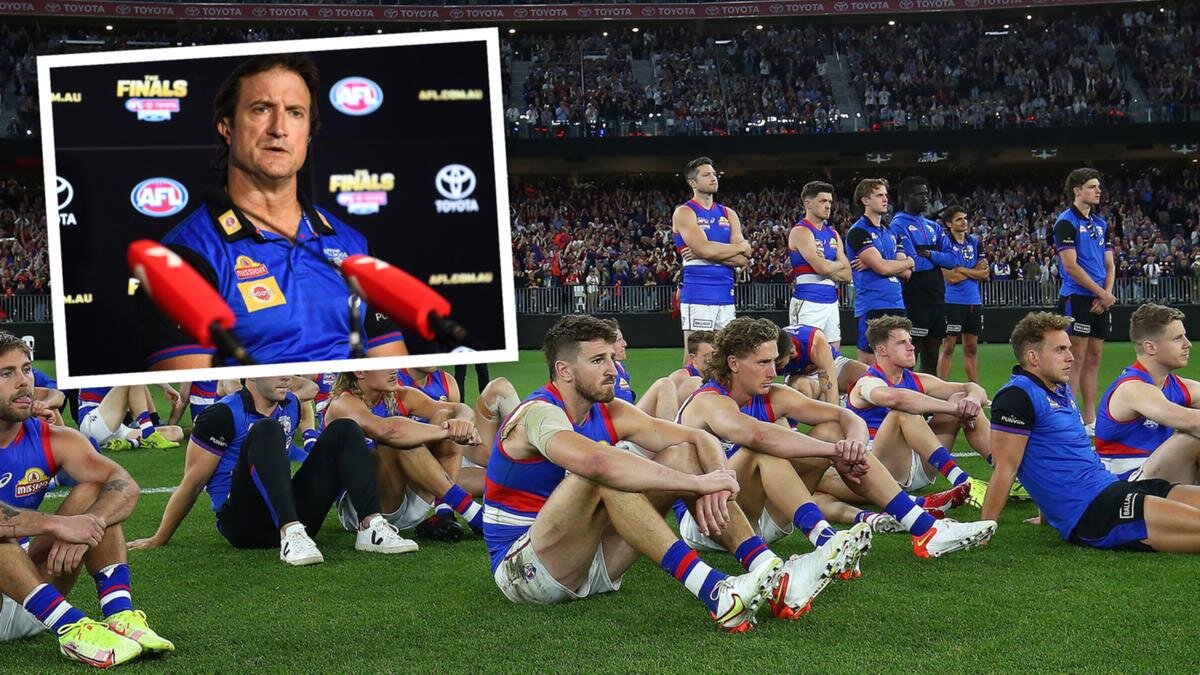
‘I mourn him dearly’: AFL star Jason Watts discusses Father’s Day after losing son Cade to cancer.
After losing his brilliant son Cade to cancer last year, Jason Watts says he misses the small things the most. The former Bulldogs player discusses Father’s Day and how his family is coping with their loss.

Jason Watts, a former AFL player, had conflicting emotions on Father’s Day. While he is excited to celebrate with his two boys, Ashton and Millar, he is missing his middle son Cade, a lovable child who aspires to follow in his father’s football footsteps.
He misses the simple things the most.
Cade died two weeks before his 16th birthday in February 2023 from a severe disease known as Ewing’s sarcoma.
These are the most prevalent forms of solid tumors in children, and they are extremely difficult to identify, thus they are frequently discovered after wreaking havoc on young bodies.
Sarcomas originate in connective tissue such as fat, muscle, bone, and cartilage and can form anywhere.
Cade, a sports enthusiast, complained of a stiff shoulder in 2021, followed by nagging pains in his knees and a bad shin, which his doctor attributed to a sports injury and a lack of iron.
Watts and his wife Anita then took him to physiotherapists for therapy, but when Cade awoke one morning with a bump on his head, they rushed to the hospital emergency room.
“They told us that he might be having some issues at school,” Mr. Watts added. “Which we knew was not the case.”
Cade was sent home with a referral for an ultrasound of his scapula (shoulder blade).
“We then got an MRI referral for his scapula, knee and head from his GP, where it was discovered he had cancer.”

Cade was admitted to the hospital and underwent 16 rounds of chemotherapy, 20 blood/platelet transfusions, and around 40 rounds of radiation.
“He went through a lot,” Watts explains. “But his determination (on treatment) put him into remission.”
Their delight was short-lived. Five months later, the cancer reappeared, aggressive and lethal.
Cade’s father stated that he received chemotherapy at home in an attempt to postpone death.
“For him, there was no second-tier treatment that would cure him,” Mr. Watts said.
“We worked really hard to find anything for him in the form of a clinical study, anything that may benefit him. There was nothing accessible in Australia, and abroad hospitals were not accepting patients because to Covid-19.
Leave a Reply